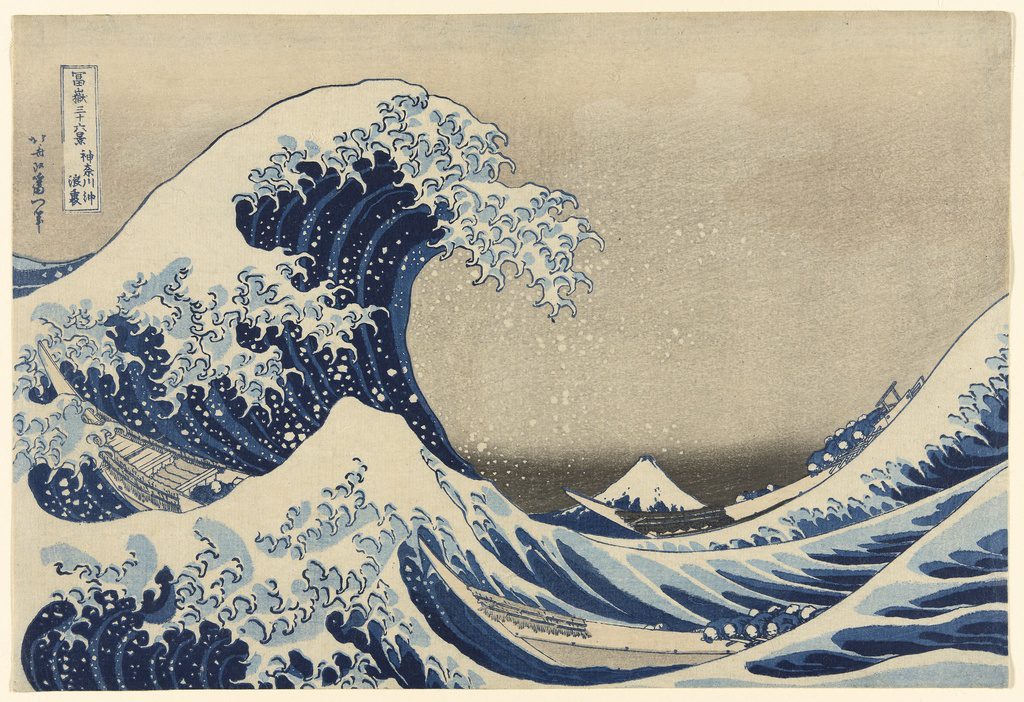
ACUPUNCTURE AND TCM IN DOWNTOWN NELSON B.C. HELPING YOU TUNE IN TO THE RHYTHM OF THE SEASONS
In Traditional Chinese Medicine (TCM), Yǎng Shēng Fǎ~養生法 is the practice of nurturing life and cultivating health through the use of natural methods such as herbal medicine, diet, exercise, and other lifestyle adjustments. It is one out of the 5 branches of TCM that focuses on maintaining wellness and preventing illness.
The energy of winter is associated with stillness, conservation, rest and endurance. It is the perfect time to focus on the qi (relationships) of the season to ensure that its corresponding organs, channel pathways and associations are healthy, open, well nourished and free flowing.
In TCM we understand that each season is associated with a particular element, set of paired organs and has many other relationships and connections. Winter shows its associations to the element of water, its paired organs are the Kidney and Urinary Bladder, its emotion is fear in pathology and wisdom in health. Its taste is salty and its colour is black. Considered to be the root of life, and the foundation of all yin and yang in the body the kidneys are a very important organ in TCM.
The Kidneys govern our jing-essence, regulate growth and development, nurture the brain to support agility, grasp qi to promote deep inhalation, regulate the waterways and produce and distribute qi, blood, essence and fluids to our entire body. The Kidney is the master of will power, motivation, endurance and discipline, it has connections to the ears, bones, teeth and hair. Its morality is wisdom, its sound is groaning and it’s mental function is determination. Kidney qi manifests through, will power, motivation and self discipline.
Clinically, the pathologies we may see as the body tries to attune to winter which are related to Kidney yin and yang, feel like deficiency, vulnerability and lack. These patterns tend to deplete our sense of resource, challenge our resolve and chip away at our resilience.
When Kidney yang is in a state of deficiency or over taxation you may notice; a heightened sense of fear or lack of motivation, decreased libido, infertility, impotence or leukorrhea, water retention, edema, frequent urination or bowel movements, incontinence, coldness in the lower extremities, physical or mental fatigue, forgetfulness, tinnitus, hearing loss, hair loss, sore and weak lower back and knees, frequent clear and copious urination, difficulty breathing or shortness of breath.
When Kidney yin is in a state of deficiency you may notice; feelings of flushing in the hands and feet, hot flashes and night sweats, dryness in the mouth and eyes, reddish complexion on the cheeks, insomnia, anxiety or headaches, dizziness and tinnitus, poor memory and concentration, or lack of motivation.

If any of these symptoms appear for you, it is a sign that your system is having difficulty attuning to the seasonal influence of Winter. If this is the case, here are a few Yǎng Shēng Fǎ~ 養生法 ~ lifestyle practices you can include to soften the transition into winter;
Try some reflective practices and gentle exercise in the morning like Tai Chi or Qi Gong to balance the energy of the body, promoting grounding, balance, equanimity and tranquility. Winter is a Yin season and its energy pools and gathers, promoting embodiment, stillness and settling, so engaging in cultivation practices like Tai Chi, meditation and Qi Gong will help conserve Qi, promote restoration and anchor the mind to improve inner awareness and presence.
You may want to consider adding some winter flavours to your diet which can help warm the winter cold and support immunity like black sesame seed, gojii berries, oats, brown rice, mushrooms, chestnuts, walnuts, lamb or beef, miso or seaweeds. Experiment with a little bit of warming flavours to stimulate the kidney qi like; ginger, cinnamon, clove, onion, leek, garlic and chive to support immunity and prevent illness. You may also want to try eating less raw foods and focus on more cooked, roasted or baked foods. Soups and stews are a great option at this time, or perhaps try adding some bone broth to your diet to nourish Kidney jing/essence.
And remember, as Winter is a Yin season we are encouraged by the classics at this time to preserve our yang, get lots of rest and maintain a clean diet. We are encouraged to do this by going to bed early and rising later with the light, it’s a time to wear warmer clothing and always consider keeping the head, back and feet warm, with women paying special attention to keeping their lower abdomen warm during their menstrual cycle. Winter is also a great time to reflect on how fear has impacted our relationship to life, and, as we sink into the deep self reflection and settling influence of this season we can draw on the pooling of our inner resource to help transform that fear into wisdom and trust.
If you find the deep Yin energy of the winter overly challenging and are having difficulty attuning to the settling and still energy of the season, or would like some support learning how to nourish the inner resource of the kidney and understand more information specific to your constitutional needs please feel free to contact Dr. Pileski or book an appointment online now.
Dr. Julia Pileski
Blue Heron Traditional Chinese Medicine
Enjoy the flow




